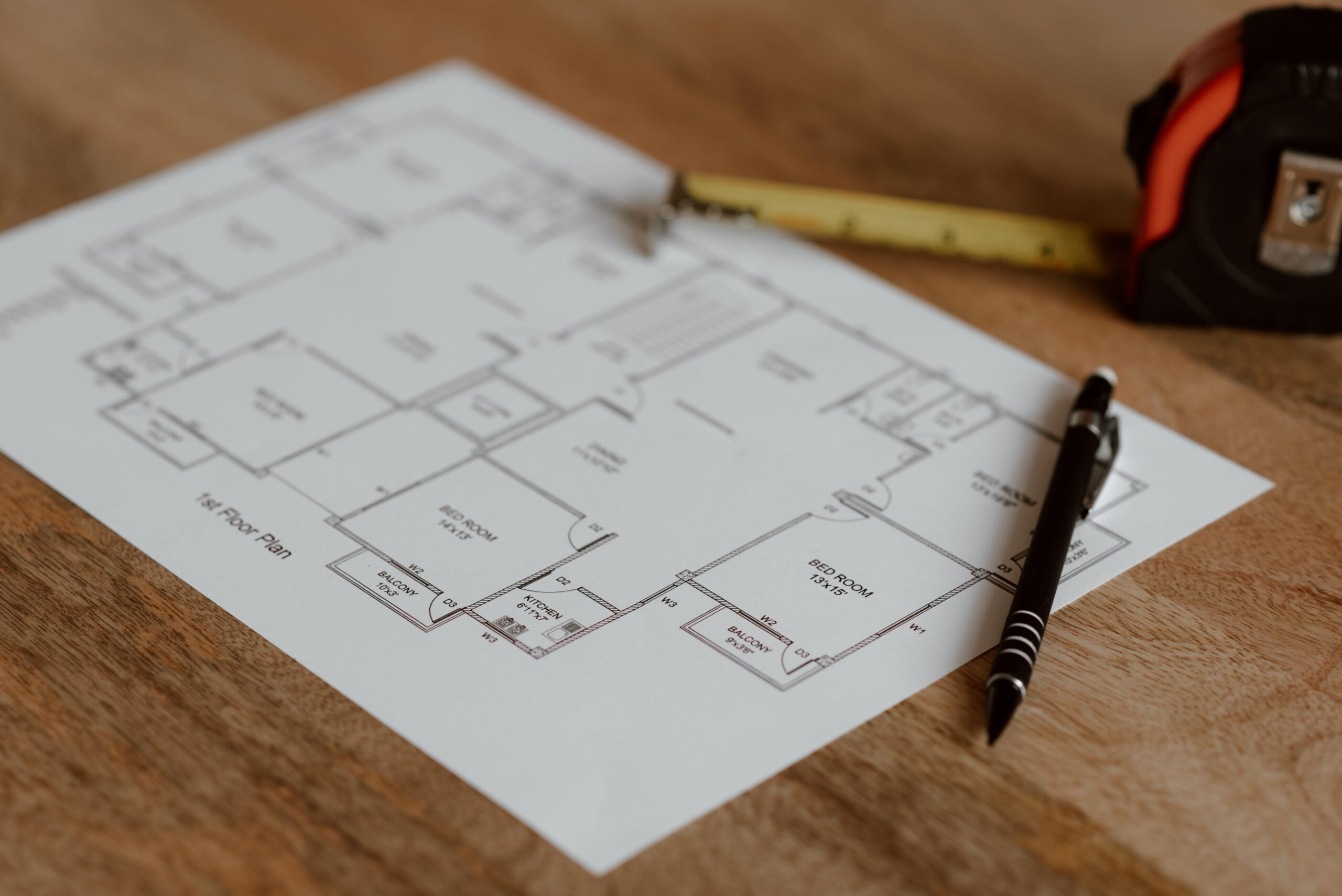Building a custom home is a profound and exciting journey, allowing you to turn your vision of the perfect dwelling into reality. However, this ambitious undertaking comes with its complexities and considerations. To ensure a smooth and successful custom home-building experience in Canada, it’s essential to be well-informed and prepared. In this comprehensive guide, we delve into the crucial aspects you should know before embarking on the construction of your dream home, with a spotlight on the invaluable role of a trusted custom home builder.
1. Define Your Vision and Priorities
Before engaging in the custom home-building process, articulate your vision clearly. What are your must-haves, preferences, and deal-breakers? Establishing your priorities will guide the decision-making process and help you communicate effectively with your custom home builder. Whether it’s a spacious kitchen, energy-efficient features, or a dedicated home office, having a well-defined vision sets the foundation for a successful project.
2. Budget Realistically
Creating a realistic budget is a pivotal step in the custom home-building journey. Consider all aspects, including construction costs, permits, land acquisition, and potential contingencies. Working closely with a financial advisor and your chosen custom home builder can provide insights into managing costs without compromising on quality. A well-defined budget ensures that your dream home aligns with your financial capacity.
3. Research and Select a Reputable Custom Home Builder
Choosing the right custom home builder is perhaps the most critical decision in the entire process. Extensive research into local builders, their portfolios, and client testimonials is essential. Look for a builder with a proven track record, relevant experience, and a commitment to quality craftsmanship. A reputable custom home builder acts as your partner in turning your vision into reality, guiding you through the intricacies of the construction process.
4. Understand Zoning and Building Codes
Navigating the regulatory landscape is a key consideration in custom home building. Familiarize yourself with local zoning regulations and building codes that may impact the design and construction of your home. A seasoned custom home builder will be well-versed in these regulations and can help ensure that your project complies with all legal requirements.
5. Choose the Right Location
The location of your custom home is not only about the physical address but also the community, amenities, and long-term considerations. Assess factors such as proximity to schools, workplaces, and recreational areas. A custom home builder with local expertise can provide valuable insights into the best locations that align with your lifestyle and preferences.
6. Plan for Future Needs
Anticipate your future needs when designing your custom home. Consider potential lifestyle changes, family expansions, or evolving work situations. A well-thought-out design, with flexibility for future modifications, ensures that your custom home remains a perfect fit for your changing needs over the years.
7. Prioritize Energy Efficiency and Sustainability
Incorporating energy-efficient and sustainable features in your custom home not only benefits the environment but also enhances long-term cost savings. Discuss green building options with your custom home builder, including energy-efficient appliances, insulation, and renewable energy solutions. Prioritizing sustainability aligns your dream home with modern environmental standards.
8. Communicate Effectively with Your Builder
Effective communication is the cornerstone of a successful custom home build. Maintain open and transparent communication with your custom home builder throughout the entire process. Regular updates, clarification of expectations, and addressing concerns promptly contribute to a collaborative and positive building experience.
9. Review the Contract Thoroughly
Before construction begins, review the construction contract meticulously. Ensure that all specifications, timelines, payment schedules, and any additional agreements are clearly outlined. If there are any uncertainties, seek clarification from your custom home builder or legal counsel. A well-drafted contract provides a solid foundation for a successful build.
10. Be Prepared for the Unforeseen
Despite meticulous planning, unforeseen challenges may arise during the custom home-building process. Delays due to weather, unforeseen site conditions, or supply chain disruptions can occur. Working closely with your custom home builder to anticipate and navigate these challenges ensures that your project stays on track, even in the face of unexpected obstacles.
In conclusion, building a custom home is a rewarding endeavour that demands careful planning, thorough research, and collaboration with a trusted custom home builder. By defining your vision, setting a realistic budget, selecting the right location, and prioritizing sustainability, you can create a home that not only meets but exceeds your expectations. With the guidance of an experienced custom home builder, your dream home can become a reality, reflecting your unique style and providing a haven for years to come.
